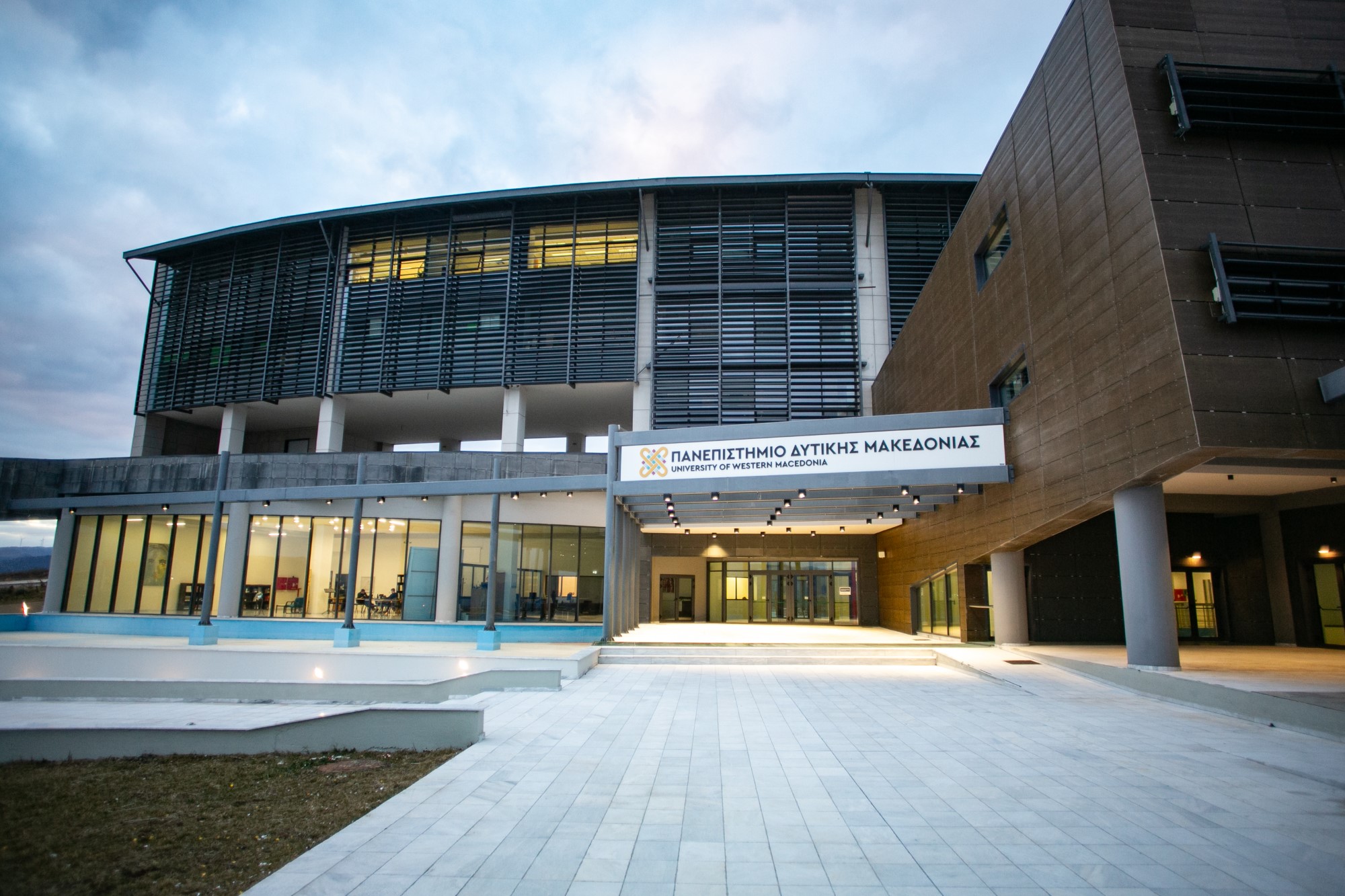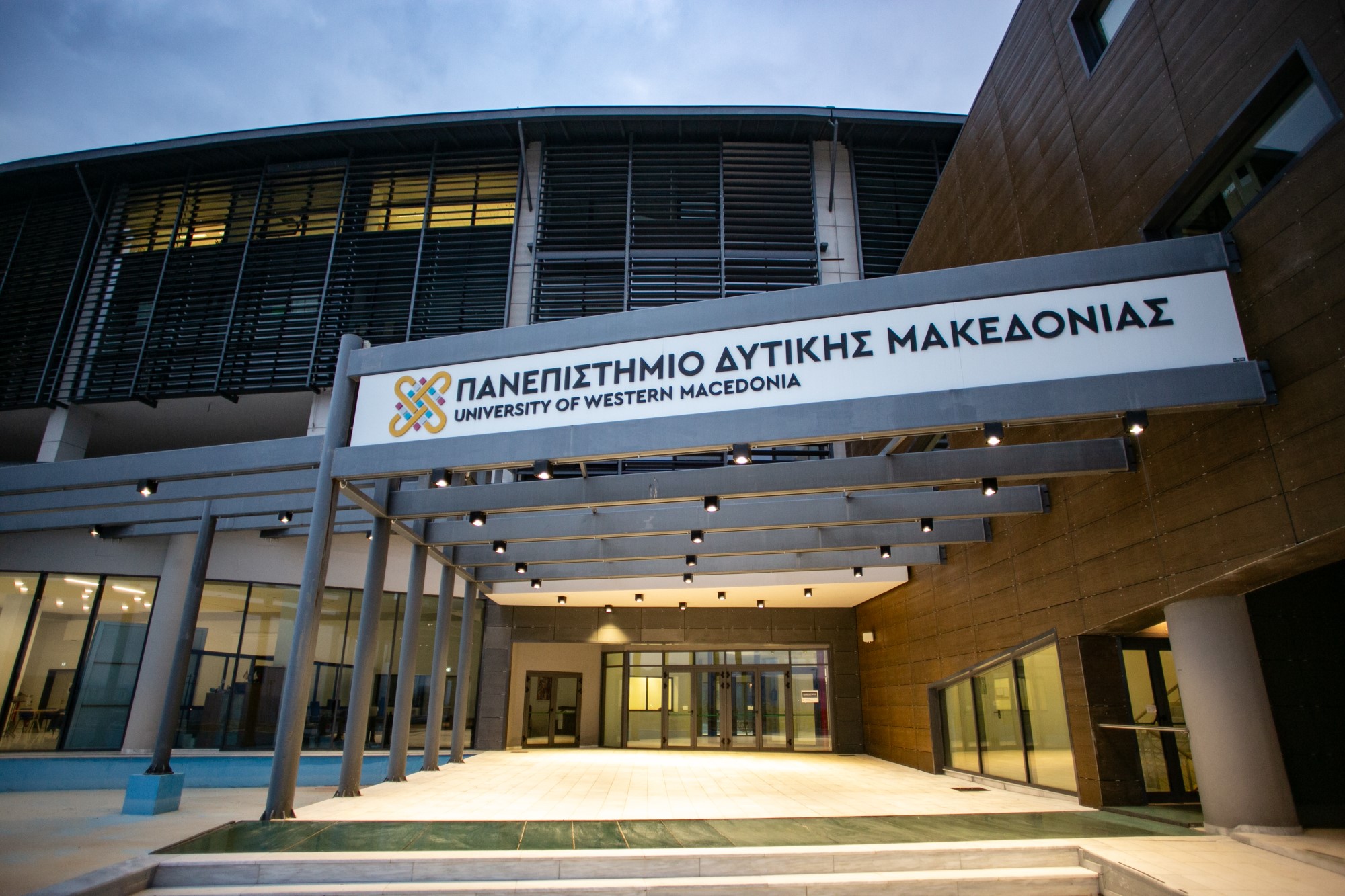
Western Macedonia is at the forefront of the EU’s transition towards complete delignification, presenting new challenges and opportunities that require immediate response.
For many decades, the development of the Western Macedonia Region relied on the production of electricity through the exploitation of its lignite deposits, significantly contributing to the economic growth of the region and the entire country. The electrification of Greece began in 1956 with lignite mining in Western Macedonia, gradually establishing one of the world’s largest lignite centers in the area. However, scientific research has shown that the combustion of lignite has significant impacts on climate change.
Therefore, reducing dependence on this form of energy production, ultimately leading to its cessation, has become a matter of vital importance, necessitating a revision of the existing production model in Western Macedonia and the broader region. The transition of the region to a new era post-lignite is a matter of great national significance and is supported financially by the European Just Transition Fund, national resources, and activation of private funds. During this critical period, the Institute of Energy Development and Transition to the Post-Lignite Era was established with the aim of mitigating the adverse economic consequences through scientific research and ensuring a smooth, inclusive transition that leaves no one behind.
Ensuring a socially equitable shift to the post-lignite era is crucial for the region to navigate beyond its historical dependence on lignite-driven development path. With a significant portion of its economy intertwined with declining lignite activities, diversifying into alternative sectors becomes imperative to revitalize and reshape the region. Despite the evolving energy landscape, Western Macedonia possesses the essential components to uphold its position as the nation’s energy nucleus, even amidst diminished or absent lignite activities.




